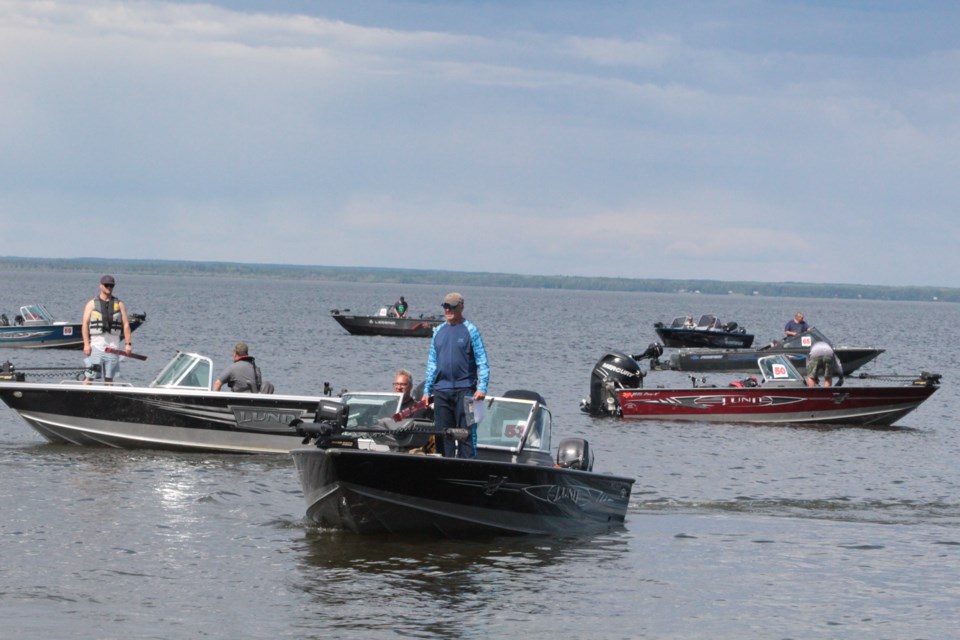The next round of discussions, debates and inevitable challenges are underway in the region’s fishery industry, as a Lakeland-based advocacy group is again pushing for more access to area lakes for sport fisheries.
The Next Step Team, an area organization that includes over 40 multidisciplinary community members, biologists, anglers, politicians and business members, is already preparing to have an input in the 2022-2023 Alberta Sport Fishing Guide and to lure provincial officials towards better fisheries management in the province’s northeast.
Recently, the Next Step Team had a meeting with Jason Nixon, Minister of Alberta Environment and Parks (AEP), about managing fish populations in lakes across the Lakeland and across the province. The members representing the local lobby group included former Lac La Biche County Mayor Omer Moghrabi, David Hanson, the MLA for Bonnyville—Cold Lake—St. Paul, and Ray Makowecki, a retired biologist and sustainable fishing advocate.
Makowecki and original members of the locally-created task force have been challenging province officials on fish population reports for several years — in particular, recent zero-catch limit restrictions on walleye fisheries in area lakes. The reduction in allowable sport fishing catches affects local eco-systems and local economies, say members of the task force.
Despite government reports to the contrary, walleye fish populations, says Makowecki, have been increasing in lakes across the province while other fish species such as northern pike, yellow perch and lake whitefish have been steadily reduced. Although harvesting regulations implemented by the province in 1999 were meant to boost the once-challenged walleye populations, the unnecessary extension of those regulations has now produced large walleye populations that are affecting other fish species.
“Walleye are aggressive predators and were negatively affecting the other populations,” says Makowecki.
The recent meeting with the minister responsible for the provincial fisheries was an encouraging foot in the door for the next round of discussions, says Makowecki.
The presentation to the minister included a need for a better communication platform that engages with anglers about their sportfishing concerns, a need to clarify rules and regulations within the industry, better reporting of the harvesting requirements for fish species and consistency within the program for a three to five year period until a comprehensive assessment can be made to see if changes are required.
Overall, says Makowecki, Minster Nixon was receptive to the changes and even insisted that the department’s chief scientists could conduct “an independent science review of the management of walleye, pike, perch and lake whitefish in Alberta,” he said, expecting more conversations about finding a balance between biodiversity and sustainable fishing to take place in the coming weeks.
Managing the future of fish stocks and the fishing communities' needs will be a part of the 2022 -2023 conversations the ministry and the Next Step Team will work on in the near future.
In the Lac La Biche area, newly elected Lac La Biche County Mayor Paul Reutov and councillor Sterling Johnson were appointed by their council to sit on the fisheries committee.
Johnson has been a member of the board previously and said he looks forward to moving forward and finding solutions to the ongoing issues that affect regional communities tied to the area’s water bodies.
With files from Rob McKinley



